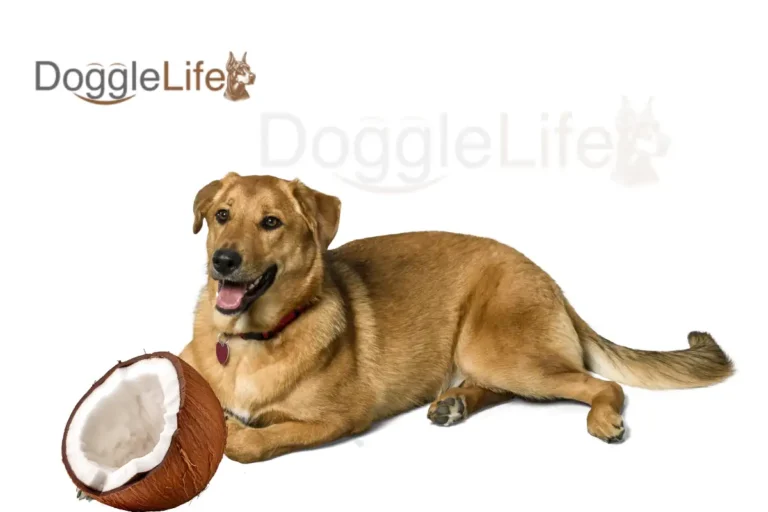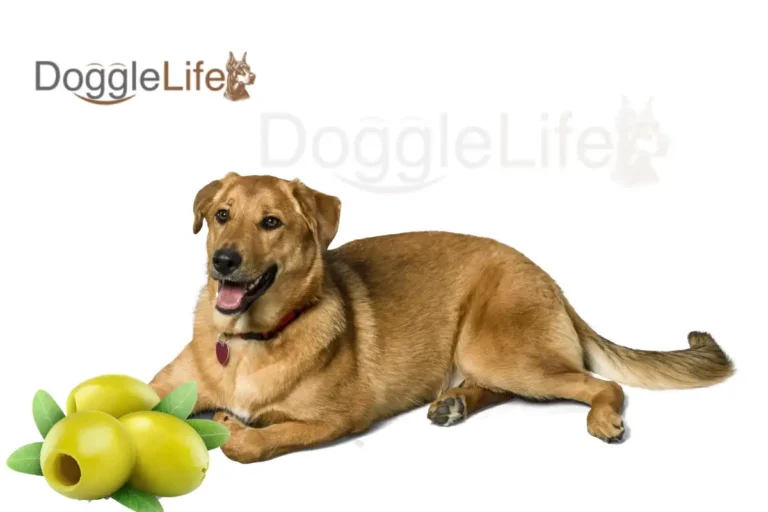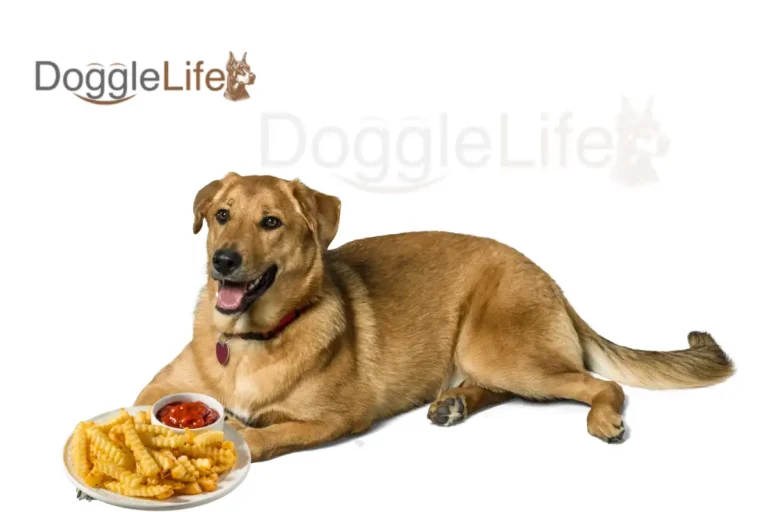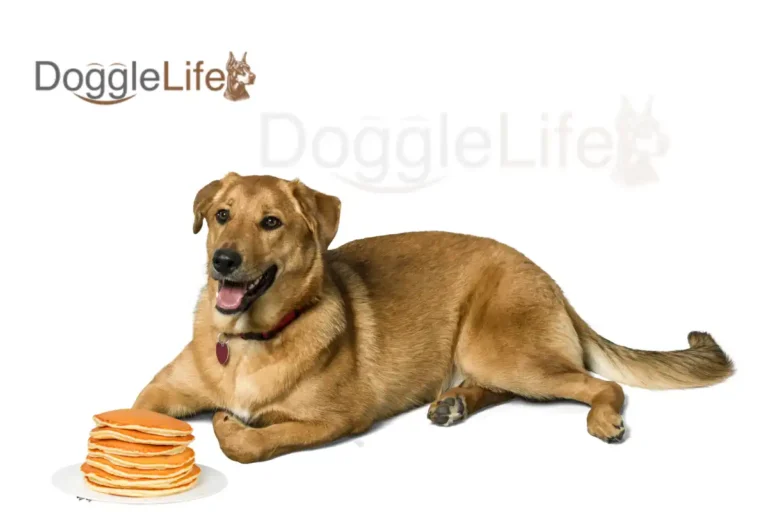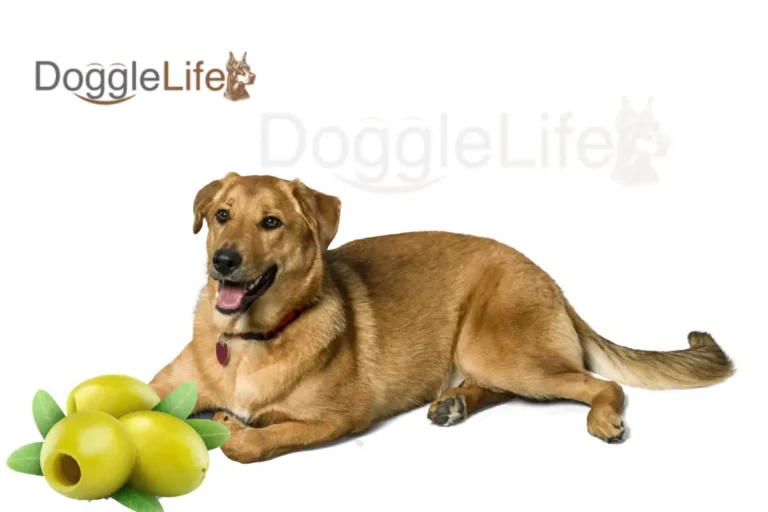Can Dogs Eat Vinegar Vet Approved
If you’ve ever wondered can dogs eat vinegar, you’re not alone. Many dog owners are curious about different kinds of vinegar in their pet’s diet. In this guide, we’ll cover vinegar in general, food made with vinegar, and specific types like apple cider vinegar, balsamic, malt, red wine, rice wine, and white vinegar. We’ll also explore vinegar in snacks such as pickles, chips, crisps, Pringles, and even rice cakes. Plus, we’ll talk about unique cases like beets with vinegar, cucumbers with vinegar, mussels in vinegar, and how much apple cider vinegar a dog can safely have.
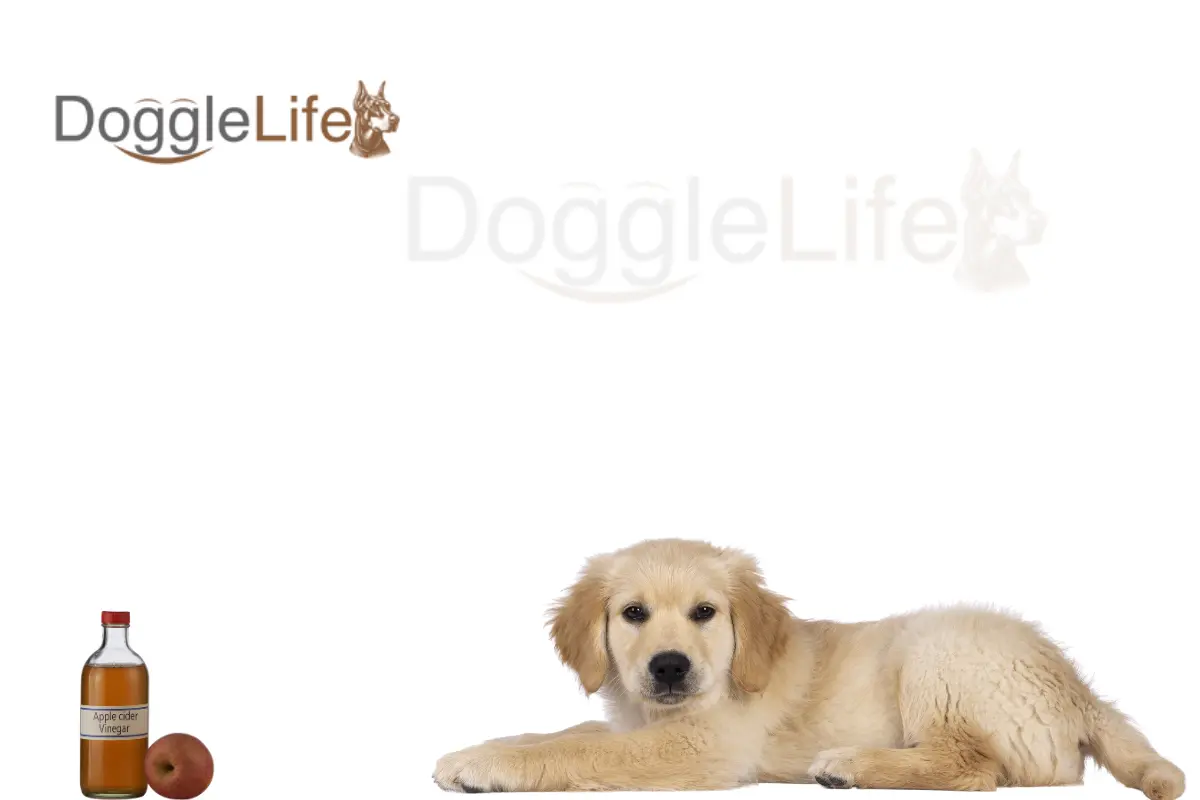
Can dogs eat vinegar
Dogs can technically have a very small amount of vinegar, but it’s not something I recommend including in their diet. Vinegar is acidic and can upset a dog’s stomach, leading to vomiting or diarrhea. Some dogs may also dislike the strong smell and taste, making it unpleasant for them.
Expert tip: If you’re curious about adding vinegar to your dog’s routine, talk to your vet first it’s better to be safe than sorry.
Can dogs eat food with vinegar
When it comes to food with vinegar, dogs should avoid it. Many human foods that contain vinegar are seasoned, oily, or processed, which makes them unsuitable for dogs. Even if the vinegar amount is small, the other ingredients can be more harmful than the vinegar itself.
Risk of stomach irritation
Added spices, salt, or fats that are unsafe for dogs
Expert tip: Stick to plain, dog safe foods instead of giving them meals with vinegar.
Can dogs eat salt and vinegar chips
The answer is no dogs should not eat salt and vinegar chips. These chips contain high levels of salt, artificial flavors, and oils, all of which are harmful to dogs. The vinegar flavoring is also usually chemical based, not natural vinegar. This combination can cause dehydration, stomach upset, and long term health issues if eaten regularly.
Expert tip: If you want to share a snack, offer your dog plain carrot sticks or apple slices instead of salt and vinegar chips.
Can dogs eat apple cider vinegar
Apple cider vinegar is sometimes used in small amounts by dog owners as a natural remedy for digestion or skin health. However, it must be given carefully and only with veterinary guidance. While a few drops in water or food might be safe, too much apple cider vinegar can harm your dog’s teeth and stomach.
Expert tip: Never give apple cider vinegar without checking with your vet it’s not a one size fits all solution.
Can dogs eat balsamic vinegar
Dogs should not eat balsamic vinegar. This type of vinegar is much stronger, highly acidic, and can cause stomach pain, nausea, and even damage to the digestive system. Unlike apple cider vinegar, balsamic vinegar offers no health benefits for dogs.
Expert tip: Always avoid balsamic vinegar and keep it away from your dog’s meals it’s far too harsh for their system.
can dogs eat pickles in vinegar
Dogs should not eat pickles in vinegar. While plain cucumbers are safe, the vinegar, salt, and spices used in pickles can upset a dog’s stomach and may even cause dehydration. The acidity of vinegar can also be harsh on their digestive system.
Expert Tip: As a dog nutritionist, I always recommend sticking with plain, fresh veggies like cucumbers or carrots instead of pickles in vinegar.
can dogs eat vinegar chips
Dogs should not eat vinegar chips. These snacks are high in salt, fat, and artificial flavors, which are harmful to dogs. The vinegar flavoring is often too acidic and may irritate your dog’s stomach.
Expert Tip: If you want your dog to have a crunchy treat, offer baked sweet potato slices or dog safe veggie chips instead of vinegar chips.
can a dog eat a salt and vinegar chip
A dog should not eat a salt and vinegar chip. Even one chip is loaded with sodium and acidic flavoring that can be irritating to a dog’s stomach. Salt can also put strain on a dog’s kidneys if consumed regularly.
Expert Tip: As a professional in dog health, I’d suggest using dog friendly crunchy treats for training instead of giving them even a single salt and vinegar chip.
can a dog eat salt and vinegar chips
A dog cannot safely eat salt and vinegar chips. The combination of salt and vinegar is especially tough on their digestive system and can lead to vomiting, diarrhea, or long term health problems if eaten often.
Expert Tip: Always remember, what tastes good to us can be harmful to dogs. Keep salt and vinegar chips away and stick to natural dog snacks.
can dog eat balsamic vinegar
Dogs should not eat balsamic vinegar. Unlike plain apple cider vinegar in small amounts, balsamic vinegar is more acidic and sometimes contains added sugars or flavorings that are unsafe for dogs.
Expert Tip: If you’re looking for a safe vinegar option for your dog, tiny amounts of apple cider vinegar (with vet guidance) are much safer than balsamic vinegar.
Can dogs eat beets with vinegar
Dogs can technically eat plain beets, but when you add vinegar it changes things. Beets with vinegar may upset your dog’s stomach and cause diarrhea or gas. Since vinegar is acidic, it can irritate their digestive system.
Expert tip: If you want your dog to enjoy beets safely, cook or steam them plain without vinegar.
Can dogs eat chips with salt and vinegar
Dogs should not eat chips with salt and vinegar. Chips are high in fat and salt, which can raise blood pressure and cause dehydration in dogs. Plus, vinegar seasoning can irritate their stomach lining.
Expert tip: Instead of giving chips with salt and vinegar, offer your dog crunchy carrot sticks as a healthy alternative.
Can dogs eat cucumbers with vinegar
While plain cucumbers are safe and refreshing for dogs, cucumbers with vinegar are not recommended. The vinegar adds acidity that may lead to stomach upset, especially in sensitive dogs.
Expert tip: Always give cucumbers plain and sliced into small pieces to avoid choking hazards.
Can dogs eat malt vinegar
Dogs should not consume malt vinegar. It’s highly acidic and can cause digestive issues like vomiting or stomach pain. Regular exposure can even affect tooth enamel.
Expert tip: If your dog likes tangy flavors, stick to safe fruits like apple slices instead of malt vinegar.
Can dogs eat red wine vinegar
Dogs should never eat red wine vinegar. It not only has high acidity but also traces of wine fermentation, which is unsafe for dogs. Even small amounts can cause stomach problems or more serious health risks.
Expert tip: Keep red wine vinegar and similar products completely out of your dog’s diet stick to plain, dog friendly snacks.
Can dogs eat rice wine vinegar
Dogs should not eat rice wine vinegar. While a small accidental lick may not cause severe harm, vinegar is acidic and can upset your dog’s stomach, leading to nausea, vomiting, or discomfort.
Expert tip: As a canine nutritionist, I always advise sticking to plain, dog safe foods and avoiding vinegars of any kind.
Can dogs eat salt and vinegar crisps
Dogs should not eat salt and vinegar crisps. These snacks are loaded with salt and artificial flavors that can harm your dog’s kidneys and digestive system.
Expert tip: Instead of crisps, offer your pup crunchy dog treats or slices of plain cucumber for a safe and healthy snack.
Can dogs eat salt and vinegar potato chips
Dogs should not eat salt and vinegar potato chips. The salt level is far too high for a dog’s dietary needs, and the vinegar flavoring can irritate their stomach.
Expert tip: Remember, chips are for humans. If you want to share a snack, go for plain cooked sweet potatoes (without seasoning) dogs love them.
Can dogs eat salt and vinegar pringles
Dogs should not eat salt and vinegar pringles. Pringles are highly processed, containing excessive salt, artificial flavors, and oils that are not suitable for dogs.
Expert tip: As someone who studies pet nutrition, I suggest keeping processed human snacks completely out of your dog’s diet. It’s safer and much healthier in the long run.
Can dogs eat sea salt and vinegar chips
Dogs should not eat sea salt and vinegar chips. Even though “sea salt” sounds healthier, it’s still too much sodium and acidity for your dog.
Expert tip: If your dog begs for chips, distract them with a chew toy or give them a vet approved dental treat instead. It keeps them happy and safe.
Can dogs eat vinegar and salt chips
Dogs should not eat vinegar and salt chips. The combination of high salt and acidic vinegar can cause stomach upset, dehydration, and long term health issues for your pup.
Expert tip: As a nutrition expert, I suggest replacing chips with crunchy carrot sticks they’re safe, low calorie, and most dogs love the texture.
See also:How Many Grapes Can a Dog Eat
See also:Can Dogs Eat Yellow Squash
Can dogs eat white vinegar
Dogs should not eat white vinegar. Even small amounts can irritate a dog’s stomach, leading to vomiting or diarrhea.
Expert tip: I recommend keeping vinegar strictly for cleaning or cooking purposes, never for your dog’s diet. Stick to plain water and dog safe foods.
See also:Can Dogs Eat Artichokes
See also:Can Dogs Eat Avacado
Can my dog eat salt and vinegar chips
No, your dog should not eat salt and vinegar chips. These chips contain too much sodium and artificial flavors, which are dangerous for canine health.
Expert tip: If you want to share a snack moment, choose plain, unsalted popcorn in moderation, it’s a fun and safe alternative for dogs.
Can dogs eat mussels in vinegar
Dogs should not eat mussels in vinegar. While plain mussels can be a healthy source of protein and omega 3s, adding vinegar makes them too acidic for your dog’s stomach.
Expert tip: Offer plain, cooked mussels (without seasoning) if you want to give your pup a seafood treat. They’re nutritious and safe this way.
Can dogs eat salt and vinegar rice cakes
Dogs should not eat salt and vinegar rice cakes. The salt and vinegar flavoring can upset their digestive system, and rice cakes provide little nutritional value.
Expert tip: As a canine nutritionist, I recommend sticking to healthier snack options like small apple slices (without seeds). They’re safe and packed with vitamins.
Can dogs eat salt vinegar chips
Dogs should not eat salt vinegar chips. These chips contain way too much salt and acidic flavoring, which can upset your dog’s stomach and even harm their kidneys if eaten often.
Expert tip: From my experience as a canine nutritionist, it’s best to keep salty human snacks away from dogs and offer them crunchy carrot sticks instead much healthier and safer.
How much apple cider vinegar can a dog eat
When it comes to apple cider vinegar, moderation is key. If your vet approves, a small amount about 1 teaspoon mixed into a large bowl of water for small dogs, or up to 1 tablespoon for larger dogs can sometimes support digestion. But giving too much apple cider vinegar can cause stomach upset and acid reflux.
Expert tip: Always introduce apple cider vinegar slowly and only with your vet’s guidance. Every dog is different, and what helps one may upset another.
So, to wrap it up, when asking can dogs eat vinegar, the answer depends on the type and the amount. While small amounts of apple cider vinegar or white vinegar might be safe in some cases, things like balsamic, red wine, or vinegar covered snacks (chips, Pringles, crisps, or rice cakes) aren’t good for dogs. Always consider if it’s plain vinegar, vinegar mixed with food like pickles, beets, or cucumbers, or salty snacks like salt and vinegar chips. And remember, moderation is key especially when it comes to how much apple cider vinegar a dog can eat.


